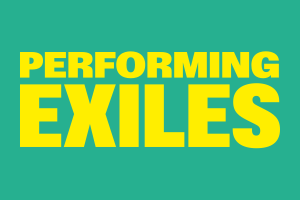
Heinrich Scheidemann
Heinrich Scheidemann (1595-1663) is probably the most influential North German organist in the first half of the 17th century. Unlike many of his colleagues, Scheidemann, as a composer, apparently concentrated entirely on music for keyboard instruments, especially for the organ. His talent must have been noticed early on, for at the age of 16 he received a scholarship from St. Catherine's Church in Hamburg, where his father was organist, which enabled him to study for four years with Jan Pieterszoon Sweelinck in Amsterdam, the premier address for the training of organists of his time. A few years after his return at the end of 1614, probably in 1625, Scheidemann succeeded his father as organist and church clerk at St. Katharinen, a post he held until his death. Scheidemann’s most important achievement lies in the further development of Sweelinck’s chorale arrangements into a far-reaching chorale fantasia aimed entirely at developing the sound possibilities of the organ. In addition to other organ works, Scheidemann is also known for pieces for harpsichord and song collections.
